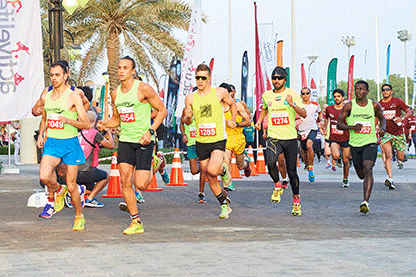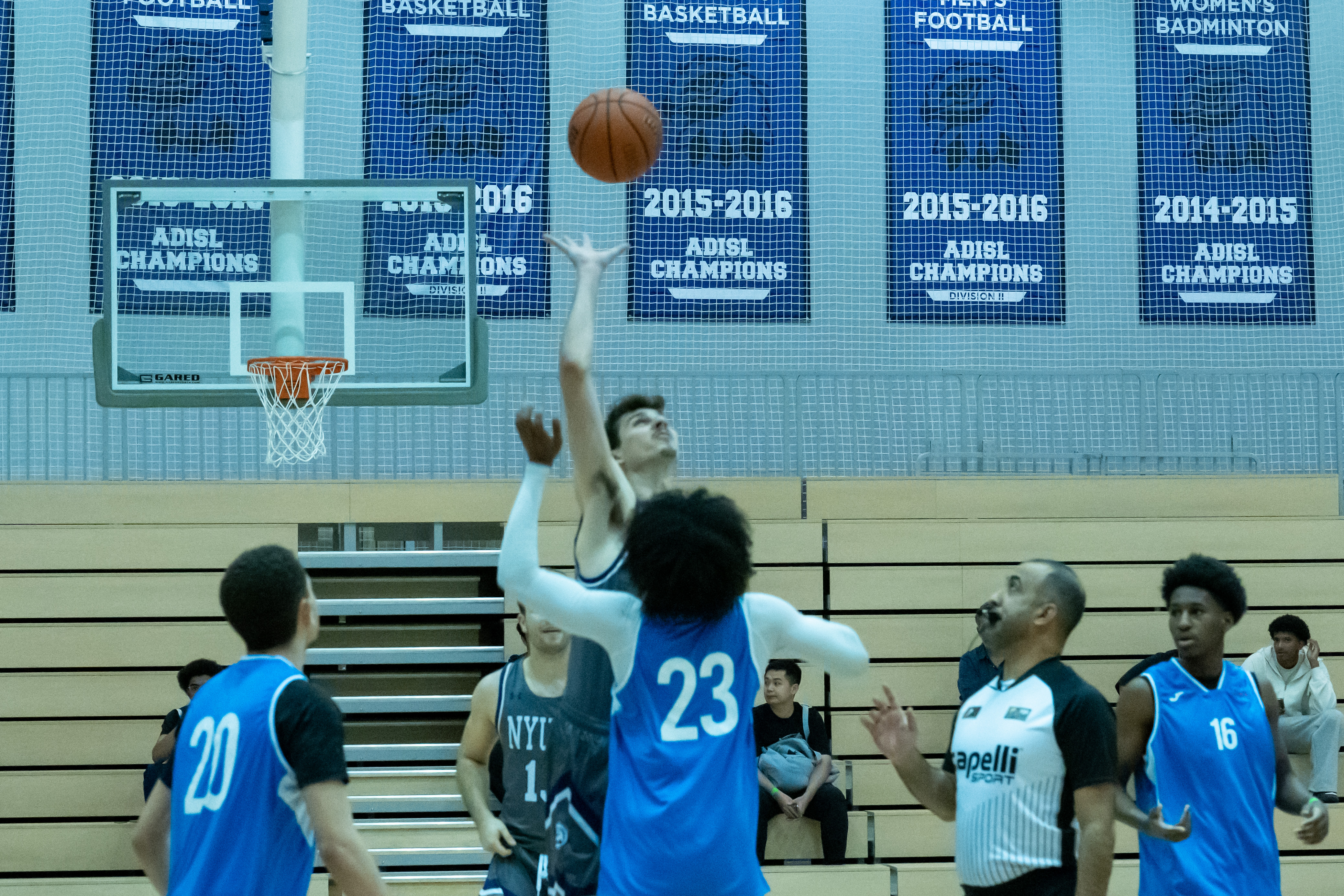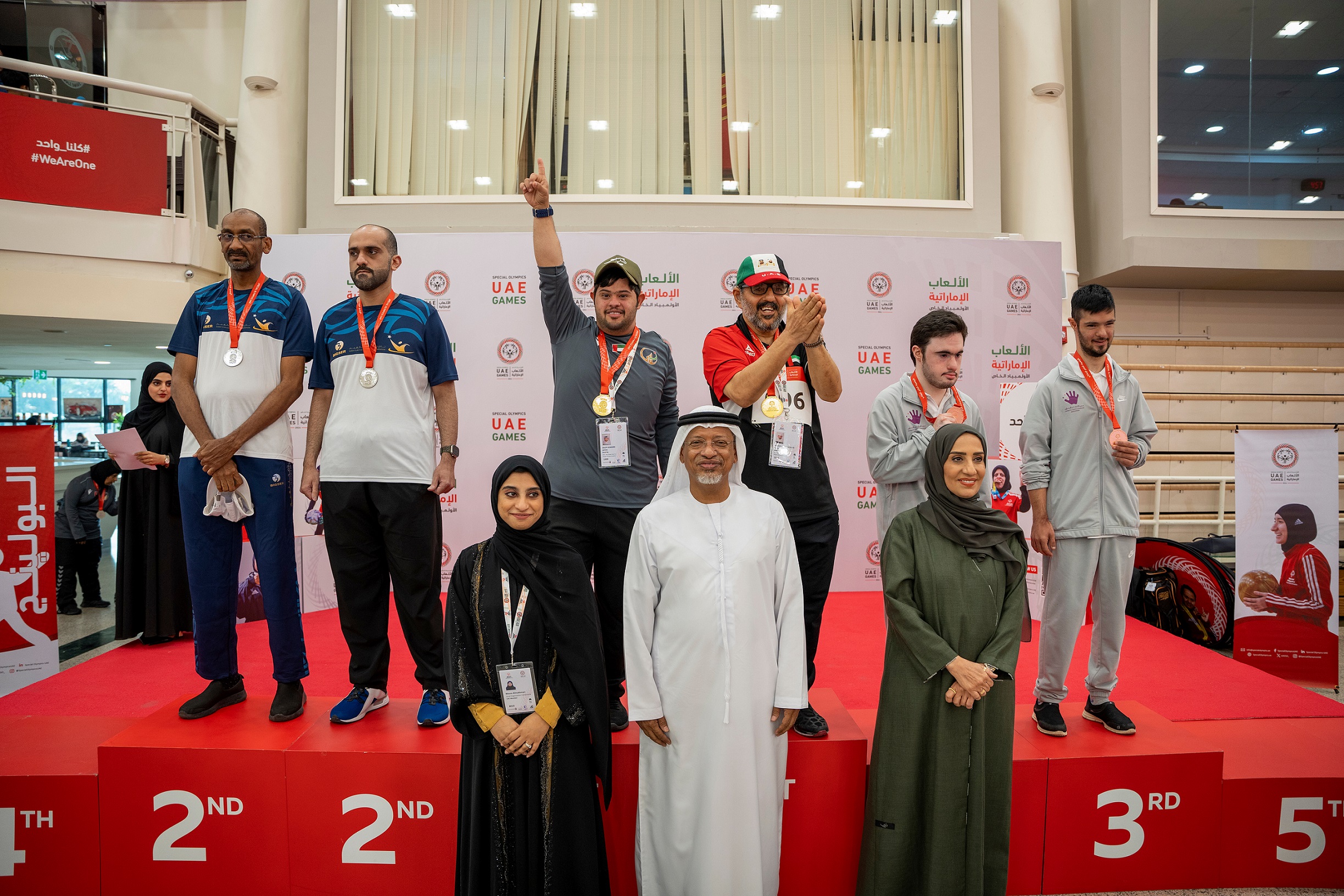Getting More Out of Practice — How to Practice Smarter, Not Harder

Practice makes perfect.
These are three words that everyone seeking success knows. It is a mantra that anyone who is signed up for sports coaching will have to learn and apply from the start of their training sessions.
No matter your aspirations, simply showing up at every practice is not enough to achieve your best. If you want to be in your top form and be the best sportsperson you can be, you have to know and follow the concepts of deliberate practice.
What is Deliberate Practice?
Deliberate practice is a concept that relates to the quality of practice.
Under deliberate practice, athletes simply don’t go through the motions during coaching sessions; to get the maximum benefit, they know and understand their bodies and engage in highly structured activities to reach specific goals that will ultimately improve their performance.
By being aware of where they can improve the most, deliberate practice allows budding talent to refine their movements and get a better outcome from practice.
As an athlete, you can start getting more from your sports coaching, practice smarter, and be better in your chosen sport by following these steps integral to deliberate practice:
1. Set specific goals
Saying “I want to be better” is an example of a generic goal for improvement; one which doesn’t provide a way to accurately measure progress.
Deliberate practice depends on well-defined and realistic goals you have to achieve to work your way towards meaningful improvement. You have to start with specific, small steps to improve your skills a little at a time. By pushing these boundaries bit by bit, you will expand your abilities.
You can start by writing down one specific skill you want to improve in the upcoming week. Next, determine the exact time you can work on enhancing this skill such as during your coaching session or by practicing at home.
At the end of the week, assess your progress. If you are not satisfied with your improvement, find new ways to develop this skill. If you’re happy with the results, keep at it and add a new goal you want to work on for the next week.
2. Find your determination
Writing down your goals is one thing; putting in the work to achieve them is another. If you want to be a great athlete, you need to have the inner drive to work hard to develop and hone your skills.
Pushing past the hard times isn’t easy. You will experience a lot of failures and periods of slow progress. Because of these challenges, you will get frustrated and probably consider giving up.
Being determined, therefore, is important to overcoming these obstacles. With the right attitude, giving up won’t be an option, and you will always be motivated to continue working hard.
Because of this, if you’re choosing a skill to improve with deliberate practice, make sure it is something you really want to be better at. You will be required to dedicate a lot of time and effort to reach your goal, so the outcome must be worth it.
3. Follow a regular practice schedule
The top athletes are known for following a regular practice regimen.
It doesn’t matter if they practice every day for an hour or do it twice or thrice a week for two hours. What is important is that they have a regular practice schedule that they follow consistently.
Like the pros, this regular, focused practice will help you maintain your momentum towards improving your skills and this will have a direct effect on your level of performance.
4. Think outside the box
If you notice that a particular drill or strategy is not helping you develop the skill you are working on, know when to stop and look for other techniques to improve it. You can ask your coach, fellow team players, or other athletes for strategies that worked for them and try these strategies yourself.
Do some research on the internet or by reading sports training or related books as well. There are numerous websites where you can get various tips and techniques for developing the skills you need to improve your game. Great athletes are often the subject of biographies or autobiographies, which can lend valuable insights as well.
Thinking outside the box also involves constantly challenging your current abilities. This means not working on the same skills over and over again. Always take the time to know yourself, your body, and your capabilities. There will always be something that you can improve on which you should work on every week or so.
5. Ask for feedback
Lastly, feedback is crucial for pinpointing areas for improvement. It will give you a realistic view of your progress.
You can get honest comments from your tennis coach if you play this sport, or from your teammates. You can also implement some form of self-assessment so that you get to know your own strengths and weaknesses.
By getting regular honest feedback, you will be able to identify and correct your trouble spots and move forward towards becoming a true master.
The important thing to remember is to practice and work smarter, not harder. You need to know your body and its capabilities, to focus, and to keep pushing forward.
Recent Posts

1,600 athletes set to compete at the University Games

The largest ball pit was achieved by Abu Dhabi Entertainment Company

Organised by Abu Dhabi Entertainment Company, Mansour The Festival to take place in the emirate

UAE Launches First University Games in Abu Dhabi

